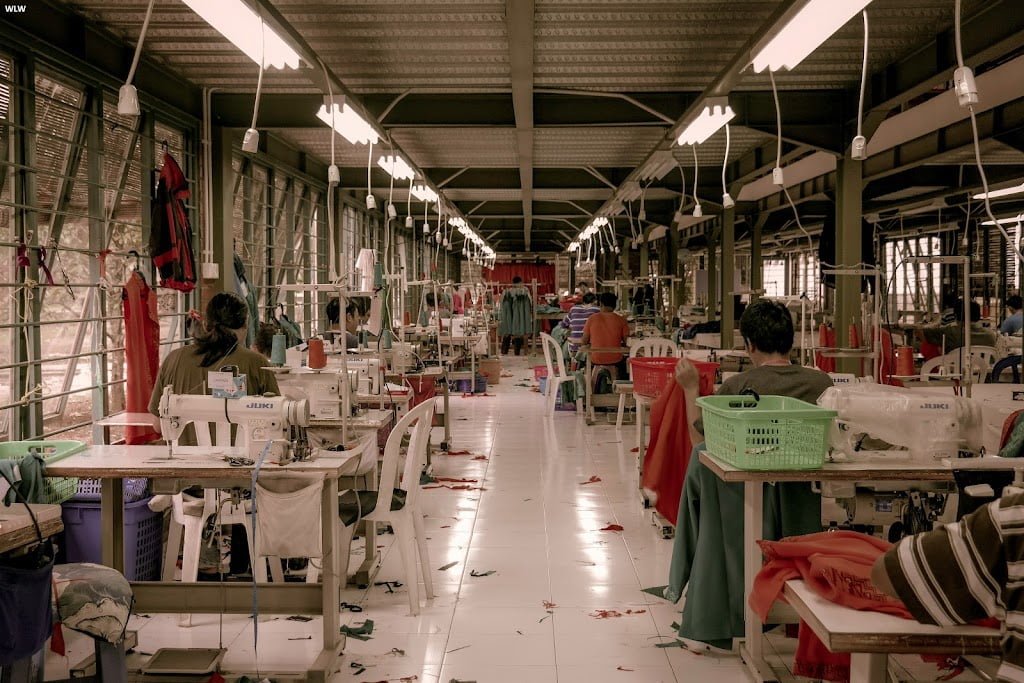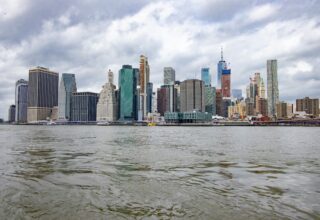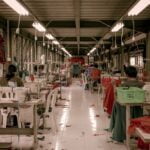By becoming a member of our site, you can add the content you like to your favorites, and present the content you have produced or liked on the internet to our site visitors with the send content option.
Zaten bir üyeliğiniz mevcut mu ? Giriş yapın
By becoming a member of our site, you can add the content you like to your favorites, and present the content you have produced or liked on the internet to our site visitors with the send content option.
You Can Benefit from All Options Exclusive to Our Members by Registering

Next Content:
The British Royal Family: A Fascinating Chronicle
Renewable Fashion: A Sustainable Revolution in Clothing and Textiles

In recent years, the fashion industry has undergone a significant transformation as consumers and brands alike have become increasingly aware of the environmental and social impacts of clothing production. Amid growing concerns about climate change, resource depletion, and labor exploitation, there has been a rising demand for sustainable alternatives to traditional fashion practices. In response, a new movement known as “renewable fashion” has emerged, focusing on the development of clothing and textiles that minimize harm to the planet and promote ethical manufacturing processes.
The concept of renewable fashion revolves around the idea of creating clothing and textiles using renewable resources and eco-friendly production methods. This includes the use of organic or recycled materials, such as organic cotton, hemp, bamboo, and recycled polyester, which have lower environmental footprints compared to conventional materials like conventional cotton and synthetic fibers. Additionally, renewable fashion seeks to minimize waste and pollution throughout the entire lifecycle of a garment, from production to disposal, through practices such as zero-waste design, efficient manufacturing processes, and innovative recycling and upcycling techniques.
One of the key pillars of renewable fashion is sustainability, which encompasses environmental, social, and economic considerations. From an environmental standpoint, sustainable fashion aims to reduce the industry’s carbon footprint, water usage, and chemical pollution by prioritizing eco-friendly materials and production methods. Socially, it seeks to promote fair labor practices, safe working conditions, and respect for workers’ rights throughout the supply chain, from the cotton fields to the garment factories. Economically, sustainable fashion aims to create a more equitable and transparent fashion industry that supports local communities and small-scale producers while providing consumers with high-quality, ethically-made clothing at fair prices.
Renewable fashion also embraces innovation and technology as powerful tools for driving positive change in the industry. From 3D printing and digital textile design to biodegradable fibers and closed-loop recycling systems, technology is revolutionizing the way clothing is designed, produced, and consumed. By harnessing the power of innovation, renewable fashion has the potential to reshape the fashion industry and pave the way for a more sustainable and responsible future.
In conclusion, renewable fashion represents a paradigm shift in the fashion industry, offering a holistic approach to sustainability that prioritizes environmental protection, social responsibility, and economic equity. As consumers increasingly seek out ethical and eco-friendly clothing options, renewable fashion has the opportunity to become the new standard in the fashion industry, driving positive change and creating a more sustainable future for generations to come.
We offer our respects and wish you a good reading. – Who Learns What? Team!
Dont forget the comment here mate! 🙂 you can connect us!
- On-Site Comments

























